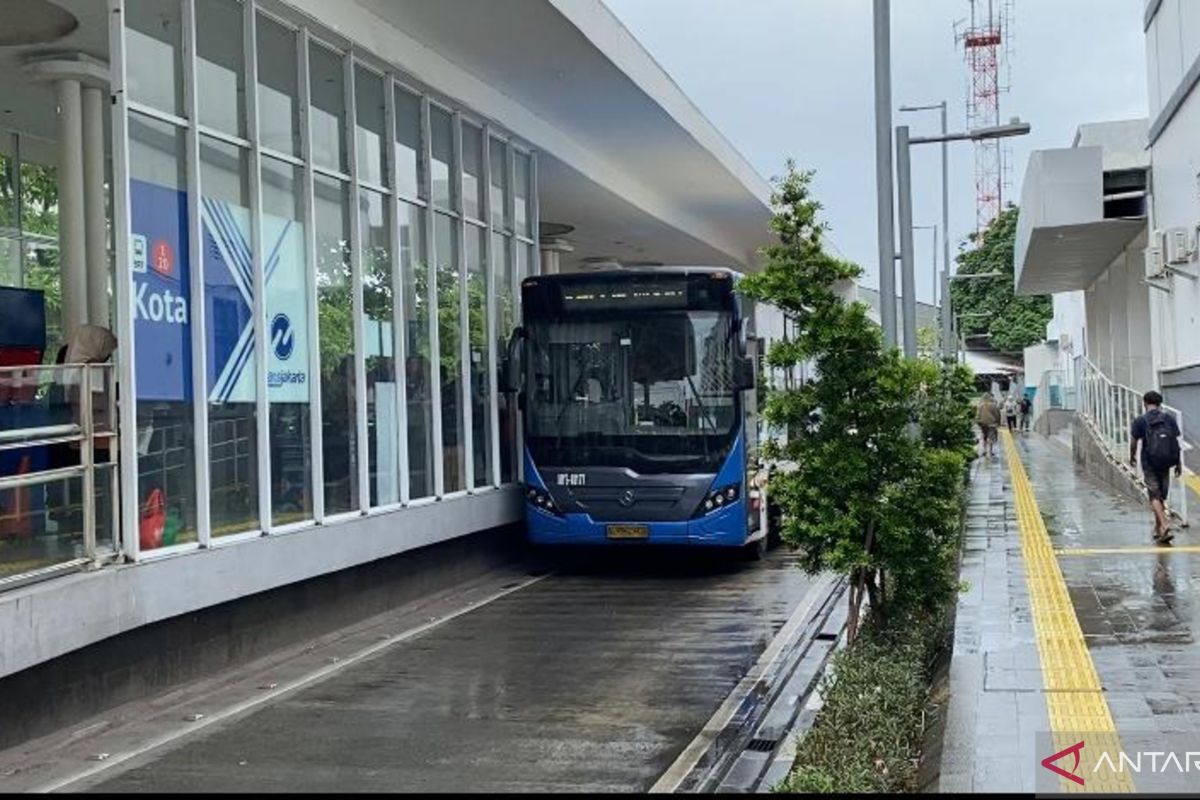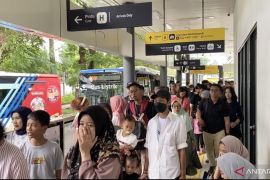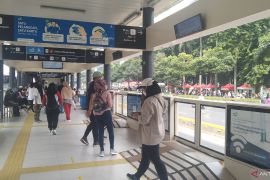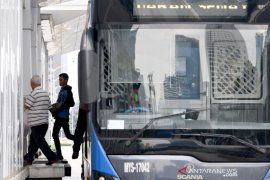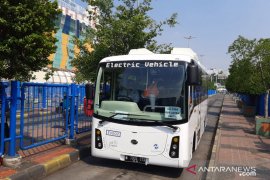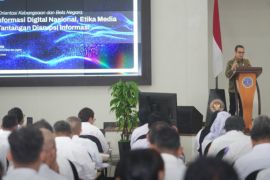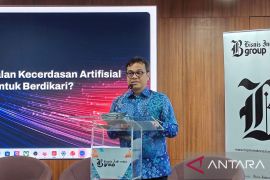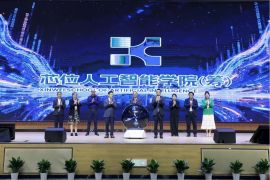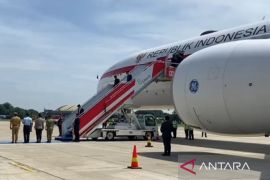Speaking in Jakarta on Thursday, Director of Information Technology Systems and Services at Transjakarta, Raditya Maulana Rusdi, stated that AI-driven scheduling relies on analysis of passenger mobility patterns at each bus stop and fleet operations using historical data.
The resulting schedules are then transmitted directly to the on-board units (OBUs) installed in each bus, enabling seamless integration between the command center and field operations.
“With AI implementation, we no longer rely solely on intuition but instead make decisions based on accurate data and predictive analysis,” Rusdi remarked.
He believes that scenes of vacant bus stops with empty buses arriving will become increasingly rare. In addition, fleet distribution will become significantly more efficient and responsive to public needs.
Rusdi noted that operational efficiency not only improves service but also ensures more responsible management of public funds.
“AI technology marks a new chapter in the sustainable management of public transport,” he affirmed.
Transjakarta has also incorporated AI into its mobile app, TJ:Transjakarta, which was officially launched on September 4, 2024. Since then, the app has surpassed one million downloads.
The app enables passengers to access real-time service information, including estimated bus arrival times, fleet tracking, and trip planning features designed to significantly reduce waiting times.
Related news: Public transportation option for tourists heading to Ragunan Zoo
Related news: TransJakarta operates 200 electric buses
Related news: Minister urges urban regions to emulate Jakarta’s mass transit model
Translator: Lia Wanadriani Santosa, Kuntum Khaira Riswan
Editor: Azis Kurmala
Copyright © ANTARA 2025
